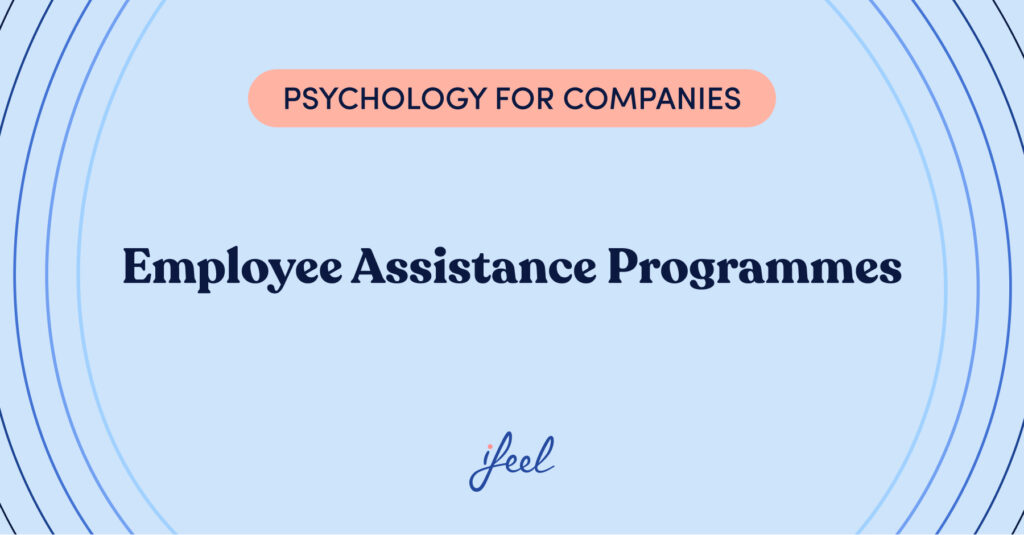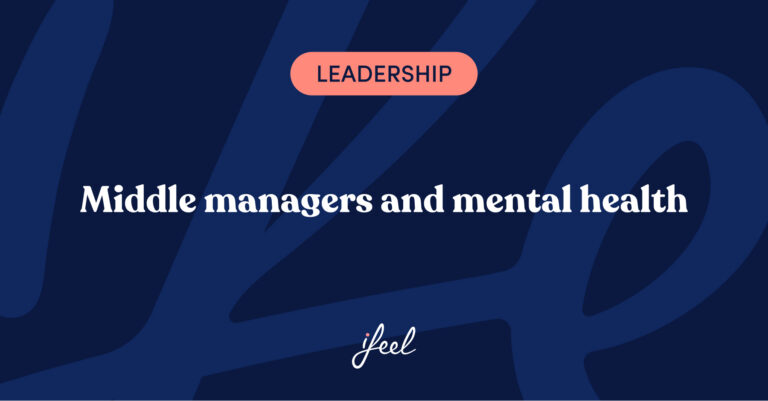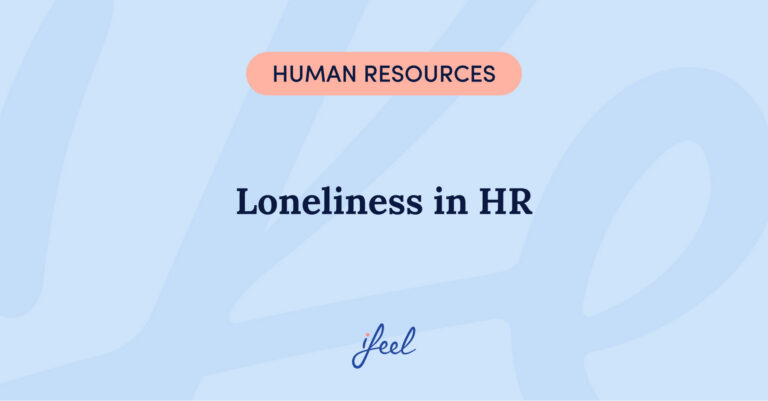Employee Assistance Programmes (EAPs) are defined as benefit programs that assist employees with personal or work-related problems that may impact their job performance, health, and general well-being. These programmes combine activities that improve organisation and working conditions, encourage active participation, and promote individual development.
Essentially, Employee Assistance Programmes (EAPs) are strategies that companies have implemented for years to ensure the well-being of their employees. They address issues such as mental health, work-related stress, and personal conflicts.
However, with technological advances and growing employee expectations, traditional EAPs lag behind innovative and effective solutions such as ifeel. In this article, we will explore the key differences between traditional EAPs and ifeel’s mental health solution, highlighting why the latter represents the future of corporate wellbeing.
Find out all the details in our comparative study between ifeel and EAPs. Download it now and explore how ifeel can transform mental health in your organisation.
What are EAPs and what are their limitations?
Employee Assistance Programmes emerged in the 1980s as a key tool to complement other collective prevention strategies, helping employees manage stress, make better decisions and maintain control over their lives.
Employee Assistance Programmes are services designed to offer confidential support to employees in areas such as mental health, personal problems, workplace conflicts and more.
However, although they have been useful for many organisations, they have significant limitations that affect their effectiveness:
Limitations of Employee Assistance Programmes:
- Low usage rate: Studies show that EAPs have an average usage rate of just 4.5%, indicating a lack of accessibility or trust in these programmes.
- Reactive approach: EAPs tend to intervene when problems are already serious, rather than preventing them.
- Lack of personalisation: They offer generic solutions that are not tailored to the specific needs of each employee.
- Poor technological integration: Many EAPs lack advanced digital tools, which limits their reach and accessibility in a hybrid and remote work environment.
ifeel: The evolution of Employee Assistance Programmes
ifeel is a comprehensive mental health solution for businesses, designed to overcome the limitations of Employee Assistance Programmes. Combining advanced technology, data analytics and clinical expertise, ifeel offers a proactive, personalised and scalable approach that transforms corporate wellbeing.
Comparison: ifeel vs. Employee Assistance Programmes
The following table summarises the main differences between ifeel and EAPs, highlighting how ifeel addresses the limitations of traditional models:
| Aspect | Employee Assistance Programmes | ifeel |
|---|---|---|
| Usage rate | 4.5% | Up to 25% adherence thanks to its accessibility and personalised approach |
| Response time | Days or weeks | Diagnosis and treatment in less than 24 hours |
| Personalisation | Generic | Plans tailored to each risk level (low, medium, high) |
| Accessibility | Limited to specific times and locations | Available 24/7 in more than 30 countries and 25 languages |
| Measurable impact | Difficult to quantify | Detailed reports on clinical and financial impact |
| Prevention | Reactive approach | Proactive strategy based on data and predictive analytics |
Why is ifeel the best choice for your company?
1. Proactive, data-driven approach
Unlike traditional EAPs, ifeel uses predictive analytics to identify risks before they become serious problems. This allows companies to take preventive action, reducing costs and improving overall well-being.
‘Mental and emotional wellbeing has always played an important role for us, and it was never an issue we wanted to shy away from. With ifeel, we have taken another step towards a proactive and holistic approach.’
–Kalina Pleil, People Operations Specialist at Labster, an ifeel partner company.
2. Personalisation at scale
ifeel offers personalised action plans based on each employee’s risk level:
- Low risk: Workshops and psychoeducational content.
- Medium risk: Chat therapy and self-care resources.
- High risk: 1:1 therapy with a clinical psychologist.
This ensures that every employee receives the right support, maximising the effectiveness of the programme.
3. Global accessibility
With ifeel, employees can access emotional support anytime, anywhere, even without a corporate email address. This is especially crucial for companies with remote or internationally distributed teams.
4. Measurable impact
ifeel provides detailed reports that allow companies to measure their interventions’ clinical and financial impact. This includes metrics such as reduced absenteeism, improved well-being and financial ROI.
Financial impact: ifeel as a strategic investment
Implementing ifeel not only improves employee well-being, but also positively impacts the company’s financial results. According to recent data, companies that use ifeel can save up to 50% on mental health-related costs, such as sick leave and turnover.
ROI of ifeel:
- Reduction in absenteeism: Up to 25%.
- Savings per high-risk case: Between €15,000 and €50,000.
- Improved productivity: More engaged and resilient employees.
The Leadership Lens🔎
As a leader, your role is to ensure business success. To do this, you need to foster an environment where employees feel comfortable using these resources without fear of judgement or stigma.
Lead by example: talk openly about the importance of mental health and give visibility to these initiatives. In addition, continuously evaluate the tools available, ensuring they are effective, accessible and relevant to the needs of your team. Your commitment can make the difference between a workforce that merely survives and one that truly thrives.
Mental health at work, one of the biggest challenges facing businesses today
While traditional Employee Assistance Programmes have served as a basic solution for employee wellbeing, ifeel represents a necessary evolution for modern businesses. With its proactive, personalised and data-driven approach, ifeel not only improves employee mental health, but also drives sustainability and business success.
Discover all the details in our comparative study between ifeel and EAPs. Download it now and explore how ifeel can transform mental health in your organisation.
If your company is ready to take the next step in caring for your team’s mental health, ifeel is the solution you need. Contact us to find out how we can help you transform your organisation!











